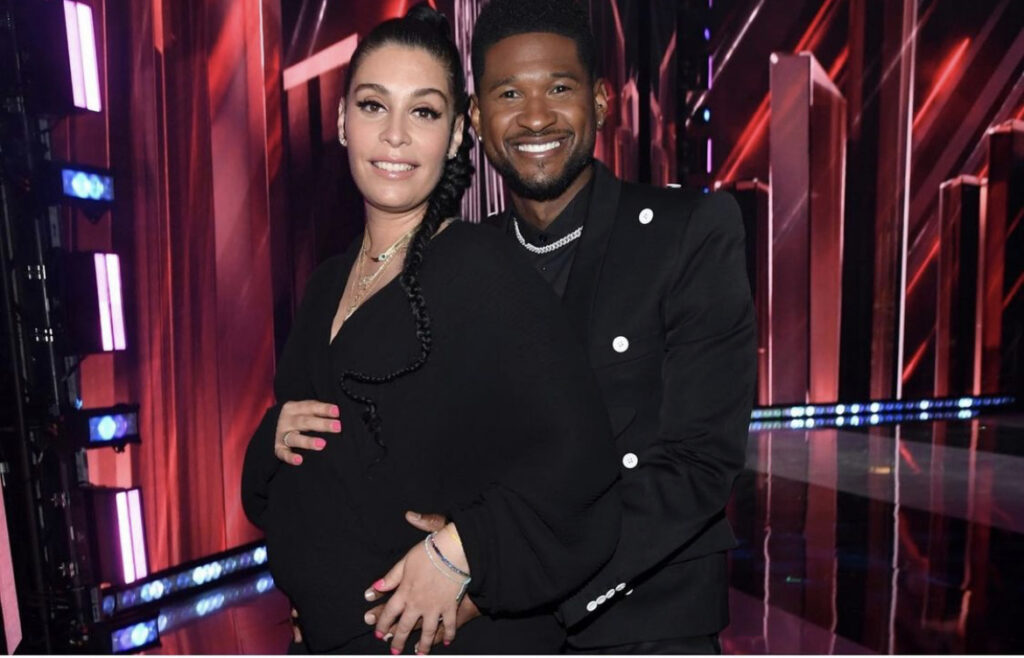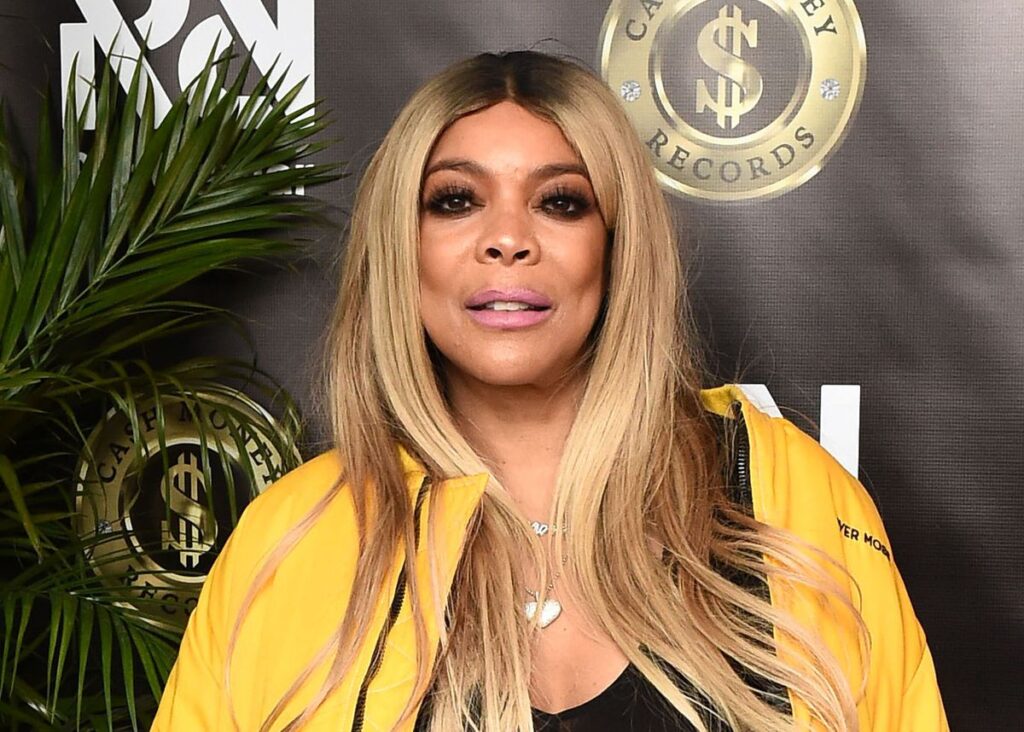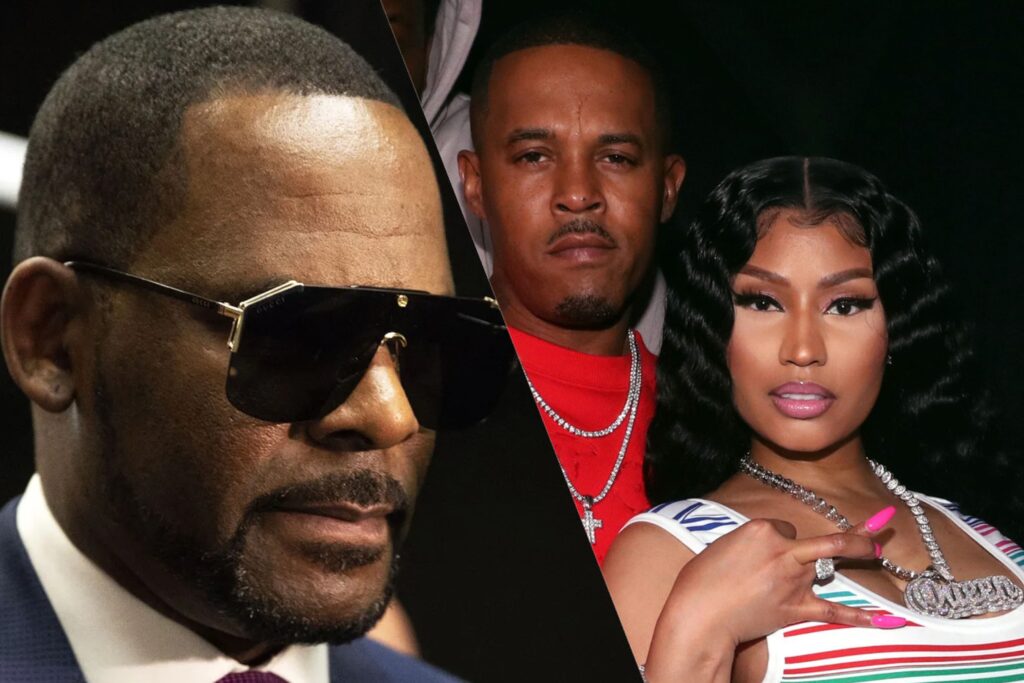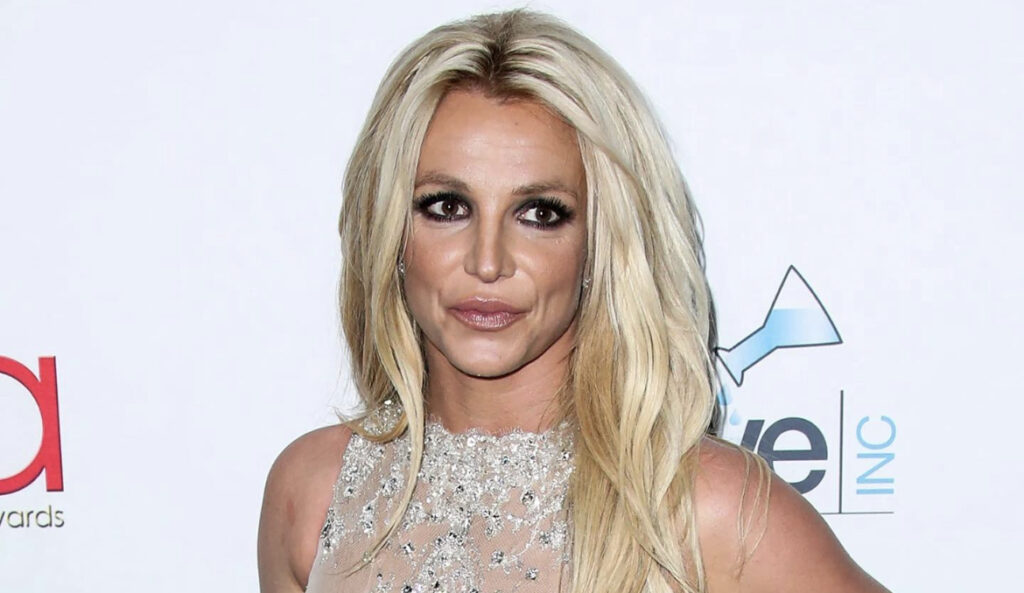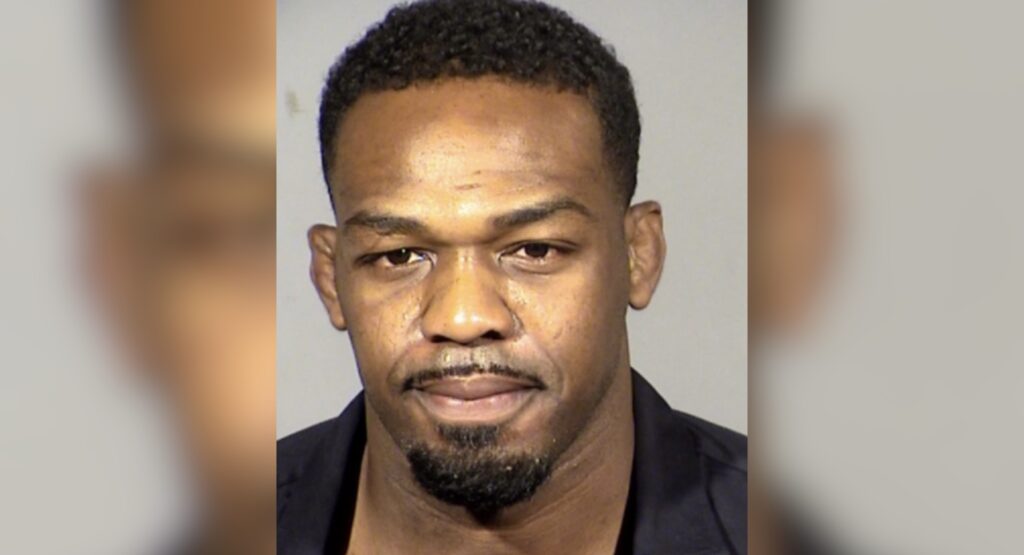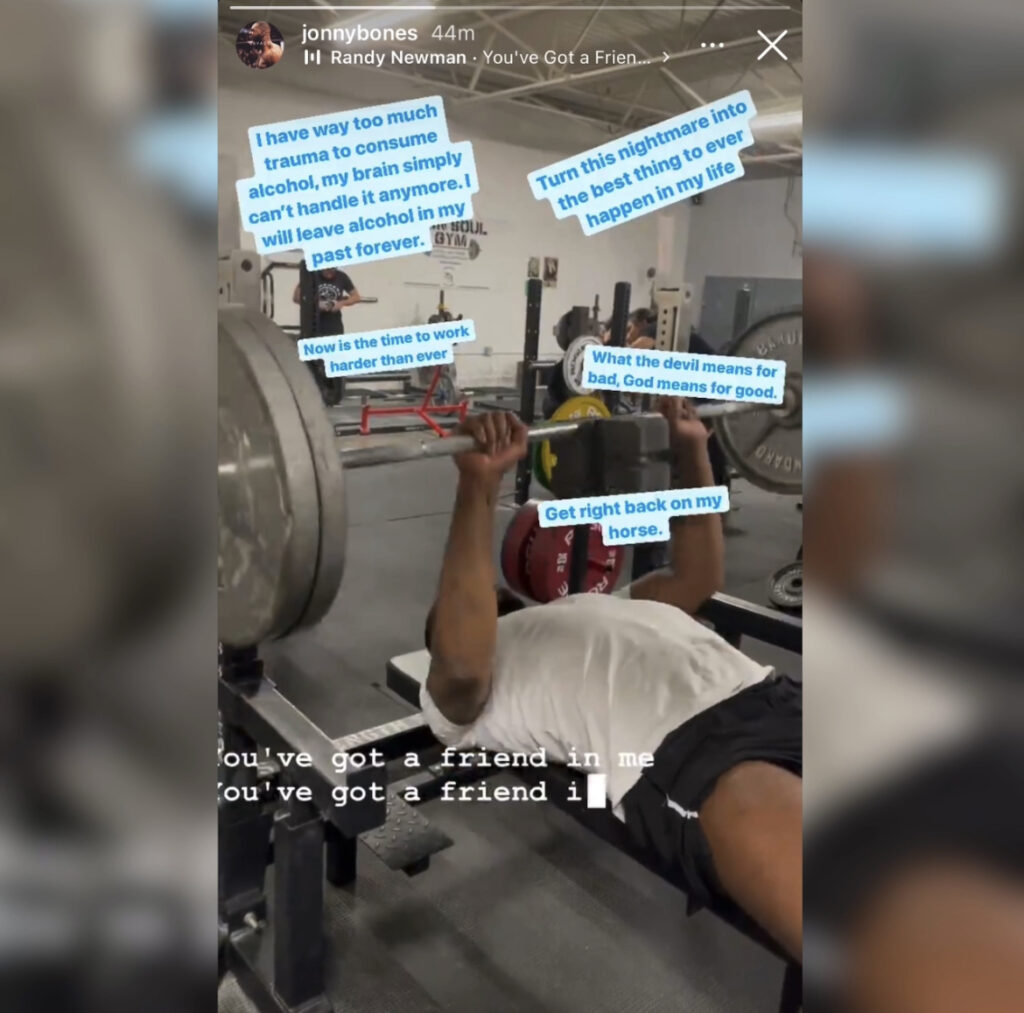14 Oct Throwback Thursday: Karyn White – “Superwoman”
Another week, another Babyface production.
In early ’89, Karyn White released “Superwoman” as the second single from her self-titled debut album. Written and produced by Face, L.A. Reid and Daryl Simmons — a trio that would later be responsible for Boyz II Men’s “End of the Road” — the song is basically an anthem for unappreciated wives and girlfriends. Karyn White sings with passion and pain when she makes it clear that she is not the kind of girl that you can let down and think everything is okay. And over 30 years later, women who weren’t even born when it was released sing those words like they wrote them themselves.
“Superwoman” peaked at No. 8 on the Billboard Hot 100, making it Karyn White’s fourth-highest-charting single. However, it has the longest legacy in her discography and is undoubtedly her signature hit.
Today is Karyn White’s 56th birthday, so there is no better way to celebrate her than revisiting this classic. Click play.



